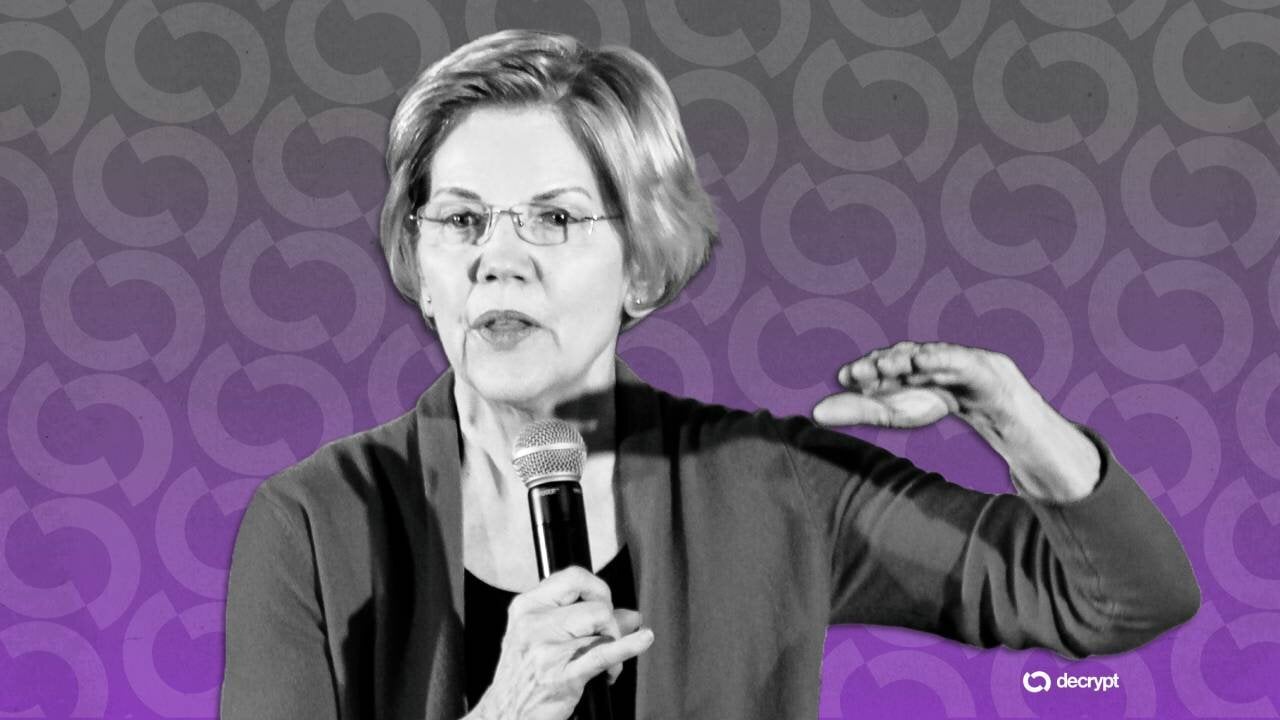Warren’s Crypto Regulation Warning: ‘Supercharging Trump’s Corruption’ in 2025

Senator Elizabeth Warren fires a shot across the bow—claiming lax crypto rules could turbocharge political graft. As Bitcoin flirts with new highs, her warning lands like a Molotov in a room full of diamond-handed bulls.
Why now? With the 2024 election dust settling, Warren’s framing this as a ‘make-or-break’ moment for financial transparency. Never mind that half of Congress owns crypto—irony’s dead anyway.
The kicker? She’s not wrong about the loopholes. Anonymous wallets still bypass AML checks faster than a Wall Street exec dodges subpoenas. But painting all digital assets with the same brush? That’s like blaming banks for every Ponzi scheme.
Meanwhile, DeFi protocols hit record TVL this week. Guess corruption fears haven’t scared off the smart money—just the politicians pretending to understand it.
Crypto legislation concerns
Warren has repeatedly labeled Trump’s involvement in USD1 as “shady,” pointing to the stablecoin's rise after a $2 billion UAE-backed deal and warning that new laws could directly benefit him.
Recently, Warren compared current crypto legislation to the Commodity Futures Modernization Act of 2000, which left derivatives largely unregulated and contributed to the 2008 financial crisis.
Trump ally Senator John Kennedy has also questioned whether the crypto industry should be allowed to draft its own rules, warning against insufficient oversight and comparing it to letting the internet "correct their own rules."
Nitesh Mishra, co-founder & CTO at hedging platform ChaiDEX, told Decrypt that current U.S. crypto regulations "often fall short on issues like corruption, illicit use, and consumer protection."
Mishra noted the U.S. dominates global crypto infrastructure while pursuing a re-dollarization strategy, but alleged TRUMP appears to "manipulate market liquidity for tactical gains" rather than pursue comprehensive regulation.
Calling it ironic, he said crypto, “once intended to counter banking–government collusion,” could now entrench established institutions, with muddled reforms “stifling genuine retail innovation.”

